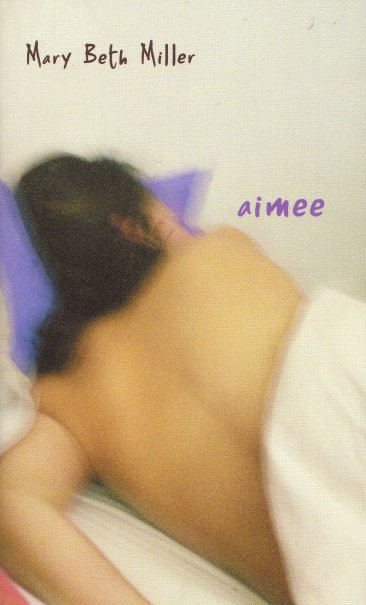
Aimee

Review
The book is excellently written except for one thing. Early in the book we learn that Zoe was tried for the murder (or, at least assisting in the girl's death) of a girl named Aimee. She was acquitted , but was banned by court-order from having anything to do with her friends and was also to go to a psychiatrist.
I kept wondering why, if she was acquitted, she could be under "court-orders" for anything at all. If she was not guilty, then she was not guilty and the court didn't have any right to put restrictions on her.
Finally, on page 253 of the book, we find out that she was convicted of breaking-and-entering into Aimee's house before she supposedly helped Aimee commit suicide. Maybe most people wouldn't be bothered by that, but I kept wondering for 252 pages just how some of the plot points could have ever gotten started if the girl had been found not guilty.
I just wish the author would have pointed out Zoe's conviction for breaking-and-entering at the beginning of the book, the same time we found out she had been charged with assisting Aimee's death. It was a distraction to me to keep wondering for so long where these "court orders" arose for an innocent girl.
Anyhow, other than that point, the book is excellent. It's a good lesson about listening to people, especially for adults to listen to what their kids are actually saying. The book also provides a very excellent insight into the consequences of someone's suicide, how it affects those who are left behind.
Please kind in mind, though, that this book is very graphic in its description of what happens to Aimee during her suicide. It has some details that might make some people feel quite uneasy.
Slightly more detailed synopsis
Kyle, one of the group she used to run around with, attempts suicide himself. Kate is sent away to a boarding school and Zoe has to see a psychiatrist she calls Marge and with whom she doesn't get along at all well.
Meanwhile, at school, a girl by the name of Hope, who tried to commit suicide, tries to make friends with Zoe. She is supposed to go to the movies with Hope one Friday but, instead, passes out during a session with her psychiatrist since she really hasn't been eating much of anything at all. She has become an anorexic.
On p. 102 there's a particularly significant definition that I noted. Zoe defines a "survivor" as a person who lets life happen to them, while a "liver" takes hold of life, plowing over obstacles and taking control of events.
On p. 104 Marge says why some people try to commit suicide, noting that "...they do it when they can no longer find a reason to keep going. When nothing in their lives is good enough to balance out the bad. And they do it when they no longer have the courage to carry on past some recent painful experience. They commit what is, in the end, a desperate, final call for help, that is hopefully head in time by someone else."
The idea of saying that things just couldn't have been that bad in a person's life that they would need to commit suicide totally avoids realizing that objective standards of "bad" and "good" don't apply here. We are dealing with people's feelings about themselves and their own lives and objective standards don't apply.
The psychiatrist and Zoe's mother don't get along at all, but after Zoe is put in the hospital, Marge brings up the fact that the court could take custody of Zoe away from her mother if her mother doesn't start cooperating with the psychiatrist.
Chard visits her at the hospital. While at the hospital she recalls when she and Aimee were both in fifth grade and Aimee's parent's were going through a divorce. Zoe finds out that Aimee's stepmother sexually abuses her.
We find late in the book that Aimee specifically wanted Zoe to help her kill herself, and there's a rather graphic section dealing with what happened during Aimee's suicide.

Back to main index page
Back to Young Adult index page
|